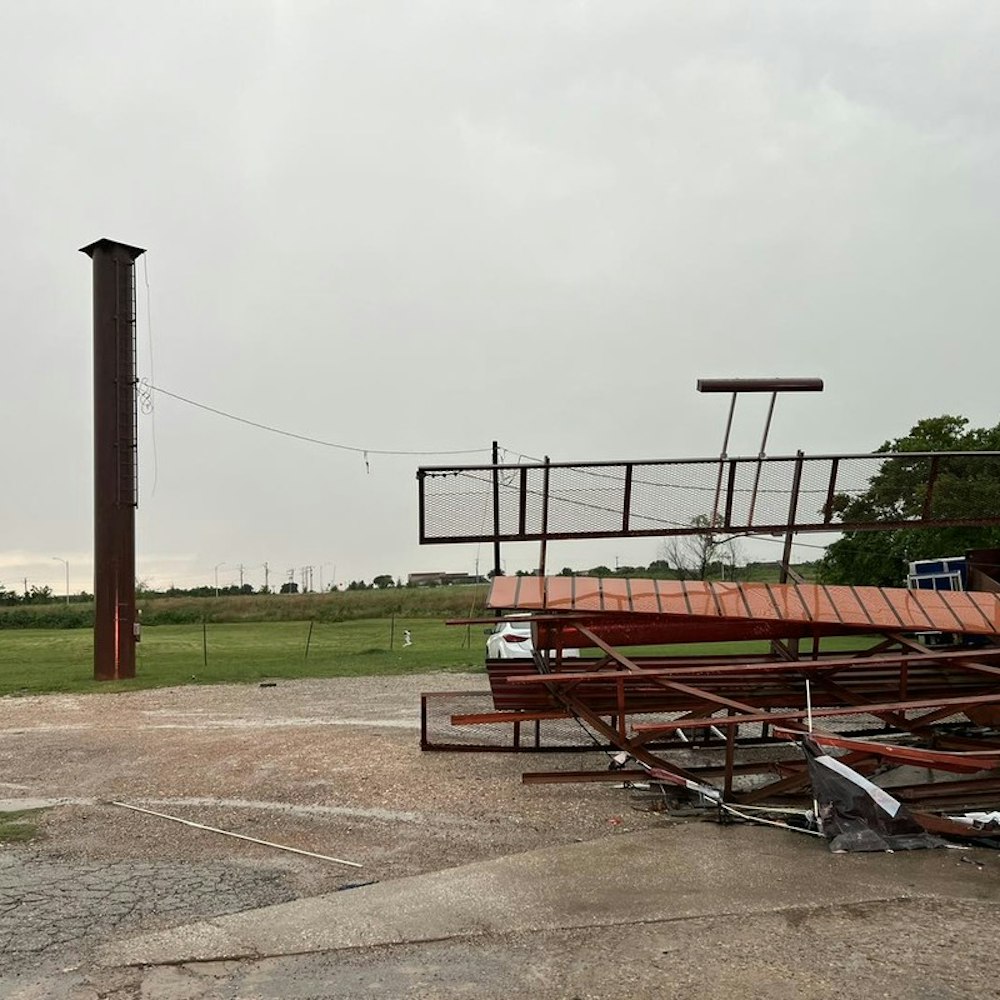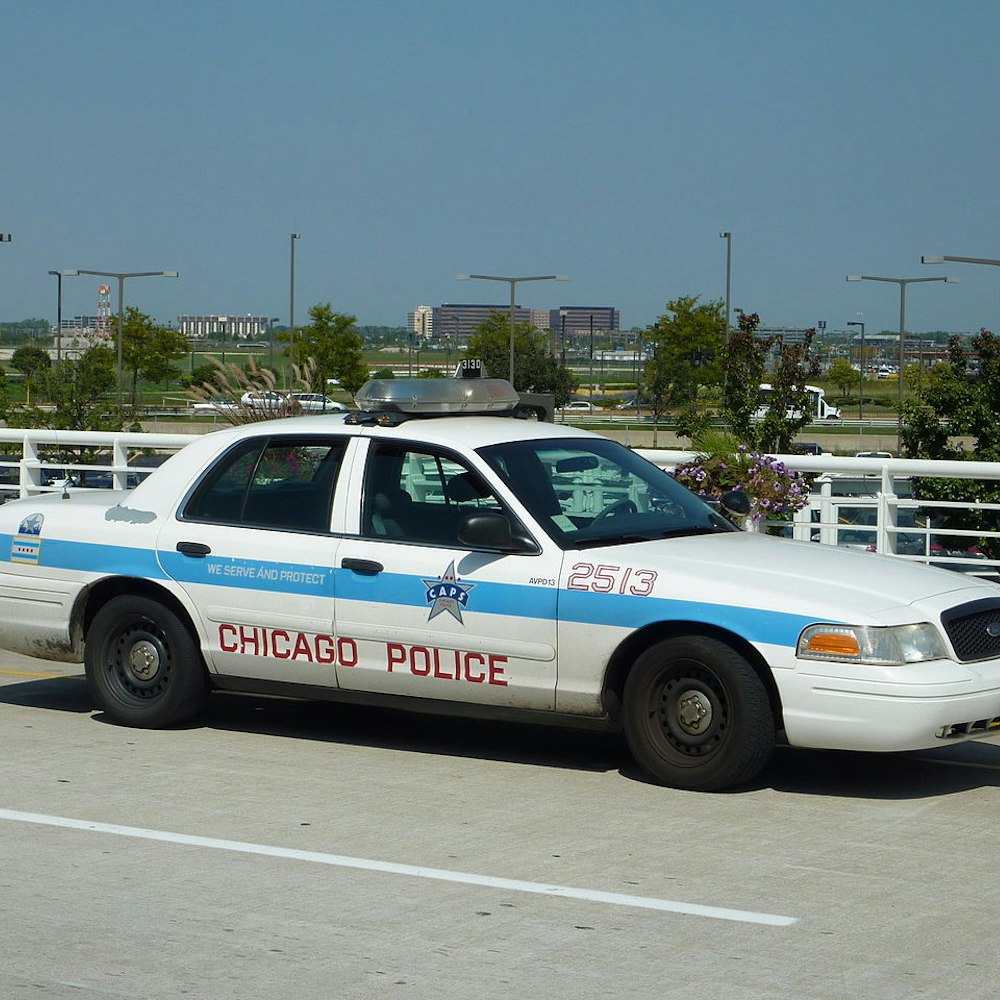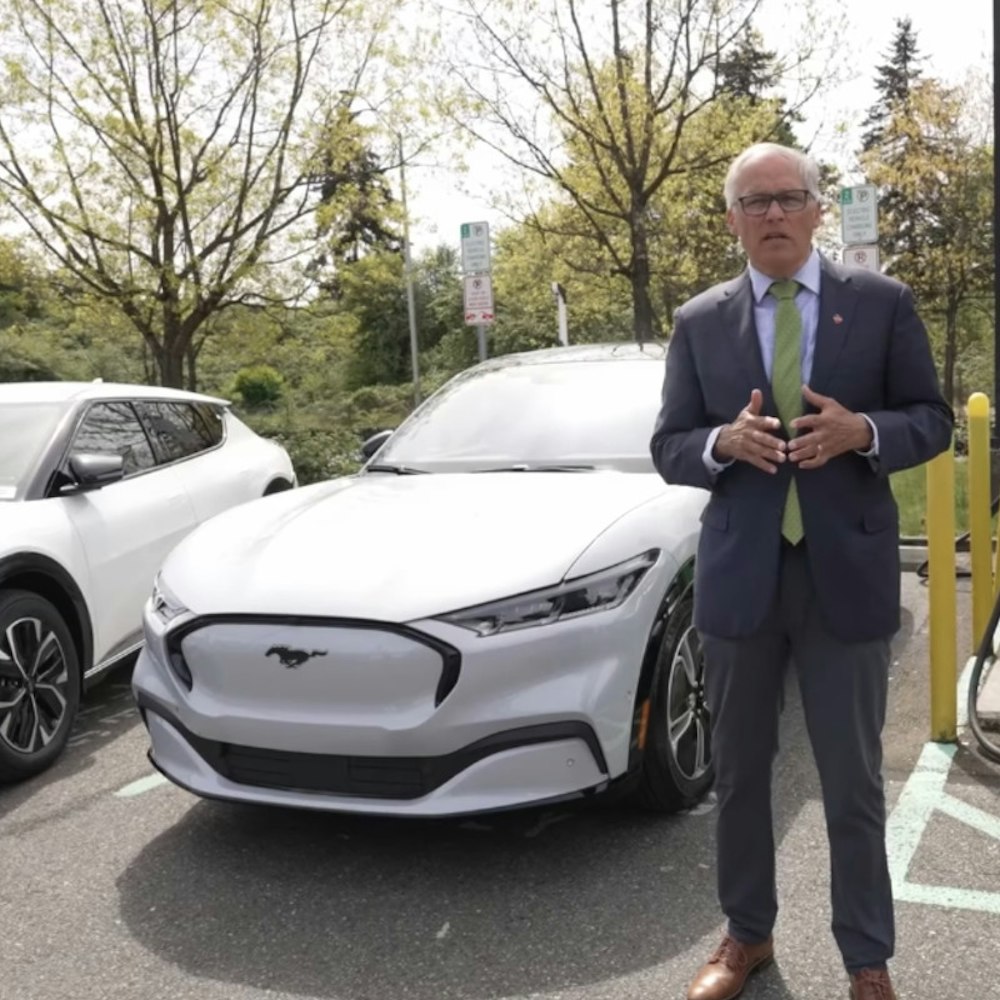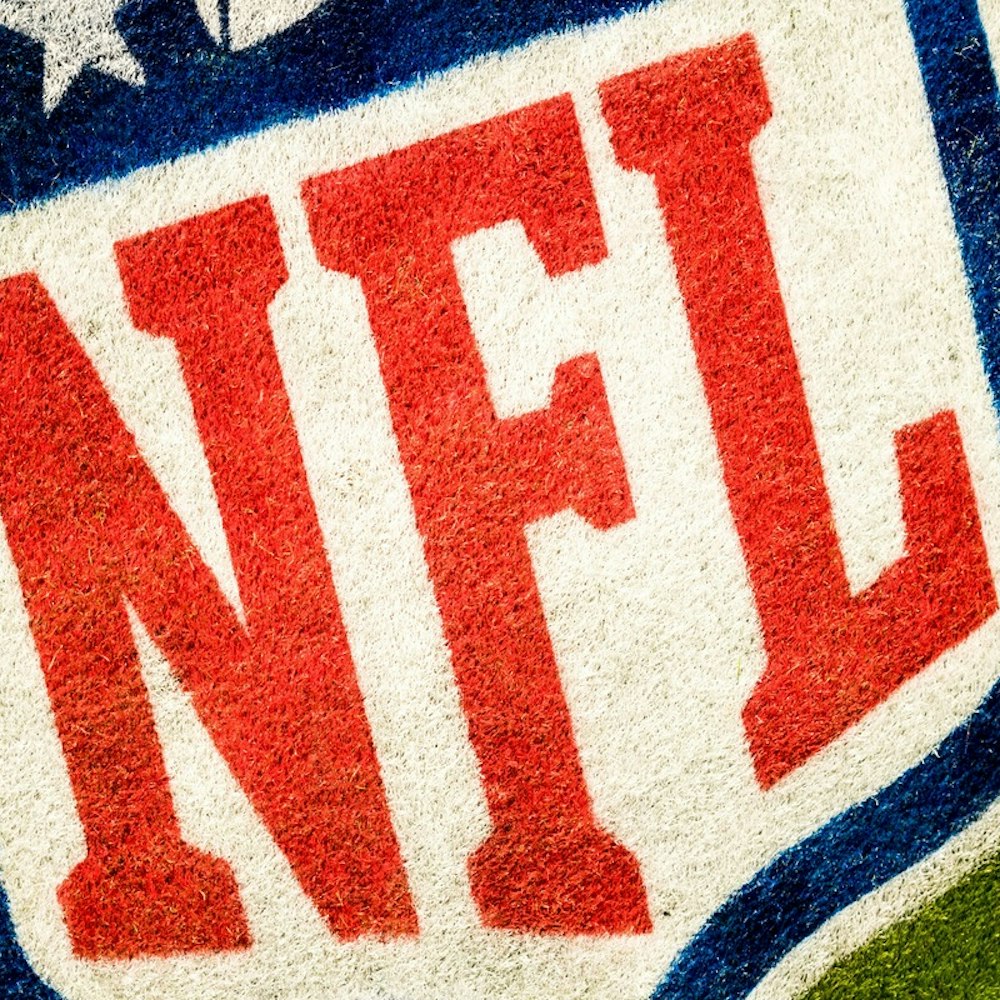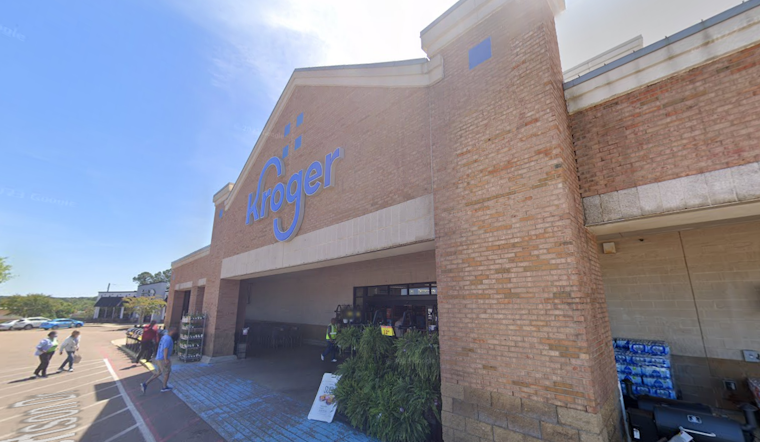
The proposed merger of supermarket behemoths Kroger and Albertsons, valued at $24.6 billion, hit a major roadblock as the Federal Trade Commission, backed by several states, has filed a lawsuit to stop the deal in its tracks. The legal action, which raises the stakes in what could become a heavyweight antitrust showdown, claims the merger would crush competition, inflate prices for millions of Americans, and threaten worker benefits.
Filing the lawsuit in the U.S. District Court in Oregon, the FTC was joined by eight states and the District of Columbia in their effort to thwart the consolidation of two of America's largest grocery chains, Saturday. Causing concern in the context of a still-struggling economy, the FTC took a decisive step against a merger amidst a period of high food inflation affecting already stretched household budgets.
Representatives from Kroger and Albertsons, based in Cincinnati, Ohio, and Boise, Idaho respectively, immediately announced their intentions to fight back against the FTC's claims. They argue that the merger would allow them to better contend with behemoths like Walmart, Amazon, and Costco, which dominate a lion's share of the grocery market. As per the Chicago Sun-Times, the combined companies would control about 13% of the U.S. grocery market, compared to Walmart's 22% according to J.P. Morgan analyst Ken Goldman.
The deal was expected to face scrutiny as it came at a time when the country is reeling under the highest rates of food-price inflation in recent years – with a peak hit in 2022 when food eaten at home prices skyrocketed by 11.4% followed by another increase of 5% in 2023, according to the government data. Now the FTC argues that Kroger's acquisition of Albertsons would only lead to additional grocery price hikes, stated Henry Liu, the director of the FTC's Bureau of Competition, further burdening consumers.
In statements obtained by the AP News, Kroger countered the FTC's position, claiming the merger would generate more intense competition with big non-unionized retailers, potentially leading to prices going down. On the flip side, Kroger argued that blocking the merger could cause food prices to rise and stores to close. Albertsons echoed the sentiments, expressing disappointment at the FTC's persistence in viewing the grocery industry through an "outdated" lens.
Despite the FTC's lawsuit and the existing backlash, Kroger had promised a $500 million investment intended to lower prices as soon as the merger was completed, and another $1.3 billion earmarked for Albertsons' store enhancements. On the labor front, C&S Wholesale Grocers had planned to pick up 413 stores and eight distribution centers to be divested by the merging parties, ensuring respect for existing collective bargaining agreements with workers.
It's not only the federal agency raising concerns. The United Food and Commercial Workers union, which represents a vast number of grocery workers, has voted to oppose the merger citing a lack of transparency regarding the impact on workers. Additionally, there's the issue of a contentious $4 billion payout to Albertsons shareholders, part of the merger deal, which several states attempted but failed to block in court, alleging it might financially cripple Albertsons.
Originally hoping to wrap things up early this year, Kroger and Albertsons have now pushed the expected closure into the first half of Kroger's fiscal year, with its second-quarter concluding on August 17. However, with the legal challenge taking shape, what lies ahead for this merger remains uncertain.
